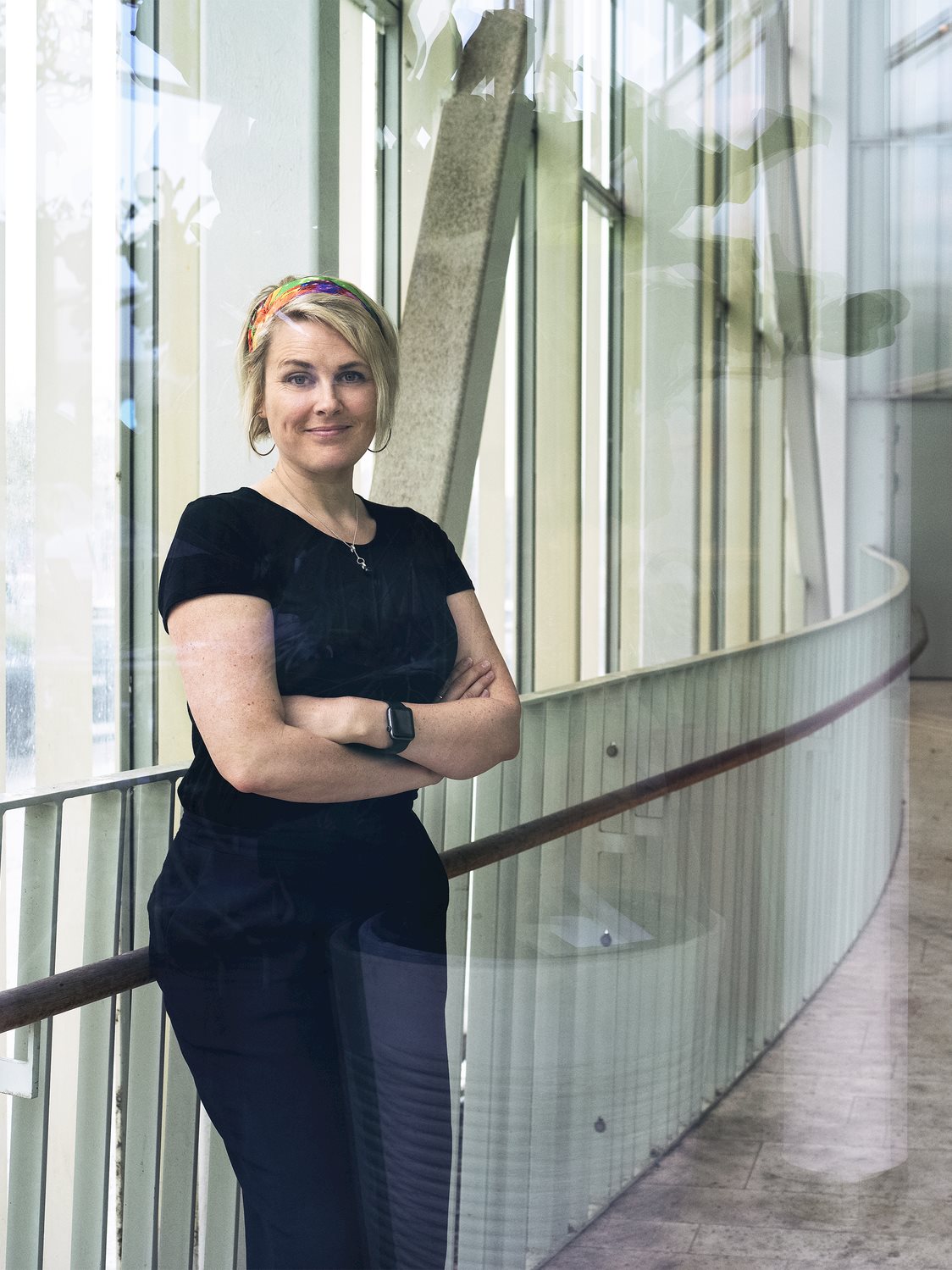THE ETHICS OF A.I.
Artificial Intelligence, or A.I. as it is generally known, is surrounding us – in our smartphones, on the city streets and in our homes. But research on how A.I. will affect us has just begun. Rebecka Cedering Ångström, principal researcher at Ericsson, is focusing on the ethical aspects of A.I.
For Swedish telecom giant Ericsson, research in close cooperation with partners, customers and universities
is instrumental in creating innovations and keeping its position as a leading company in the industry.
Rebecka Cedering Ångström, is principal researcher at Ericsson’s Consumer and Industry Lab, a unit at Ericsson Research that studies the ICT (Information and Communication Technology)-driven transformation
of industry, business, society and everyday life. Her main focus is on A.I. driven transformation, identifying responsible usage and A.I. ethics. Through this research, she has identified many possibilities and trends,
as well as risks related to A.I.
“If A.I. systems start to do our thinking for us I would guess that our mental capacity will be affected, just like our muscles are under-stimulated today”, says Ångström. “Today we
might take an escalator without reflecting on the fact that that the stairs would be a better choice. In the future you might ask your A.I. device without reflecting on the fact that you could probably remember, calculate or make the decision yourself. Will the future epidemic be mental obesity? And if so, what can be done about it?.”
Ångström is also a co-founder of AddAI, a collaboration between experts in academia, government and companies to discuss and explore the impact of smart algorithms and A.I. on society.
“This is voluntary work that is not connected to Ericsson,” she says. “I got involved in this because I wanted to contribute to the discussion and the awareness about how A.I. soon will impact our lives in areas such as law, medicine, economics and transportation.
Even if today A.I can be found all around us, research in this area has just begun, says Åström.
“It is really important for us in Sweden to be in the frontline of this research in order to be competitive as a country, and it is also important to our indsutry,” she says.
“ If A.I. systems start to do our thinking for us I would guess that our mental capacity will be affected, just like our muscles are under-stimulated today”. Rebecka Ångström Cedering

Rebecka Cedering Ångström
- Age 41
- Lives in Uppsala, Sweden
- Master of Science in Technology, currently pursuing her PhD in Business Administration, looking at how A.I. impact decision making in organizations
- Works as a researcher at Ericsson for the past 12 years.
- Current use of A.I.: Me and my children like to play with programmable robots, but strictly speaking that is not A.I., at least not yet.”